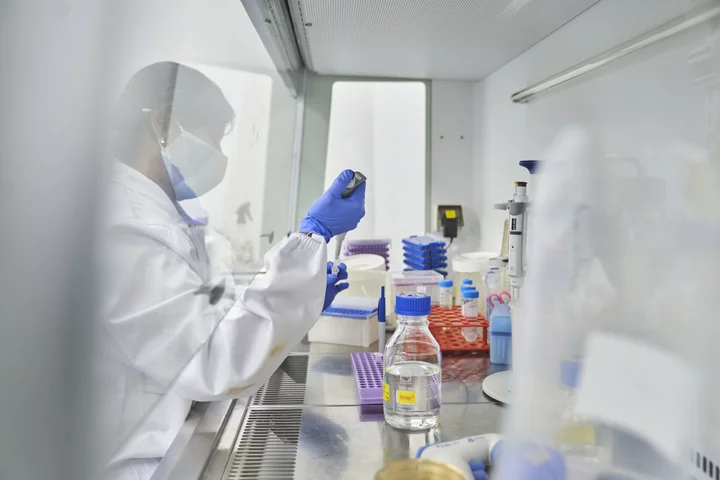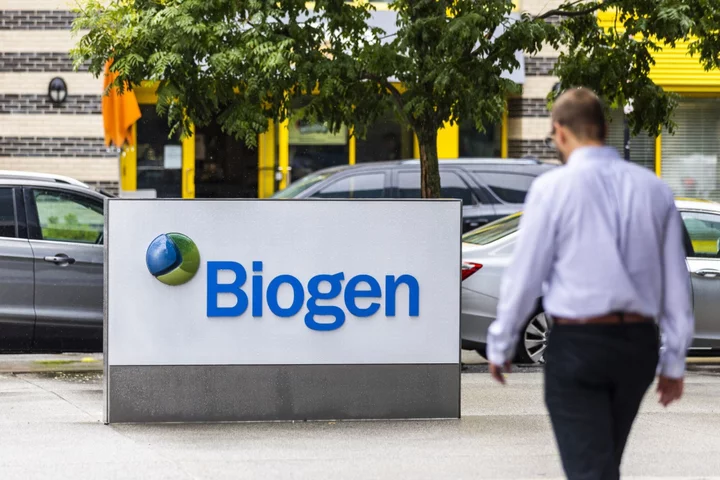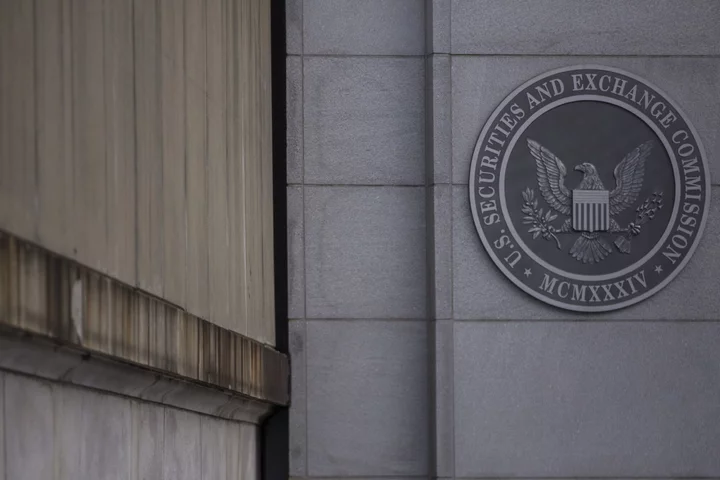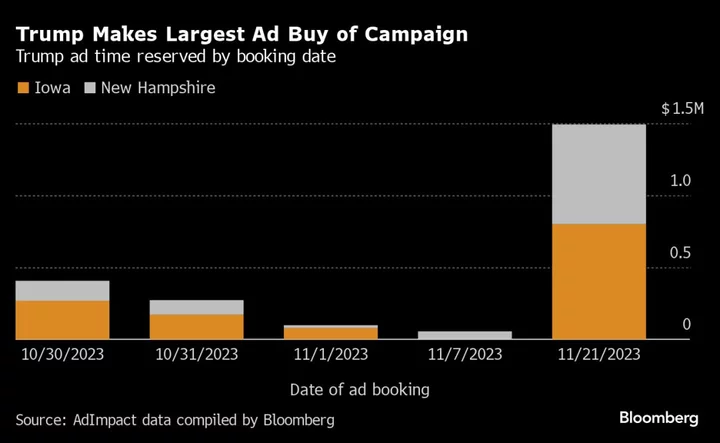Normally when a drug fails to show a clear effect in a final-stage trial, the company developing it goes back to the drawing board. But not Sarepta Therapeutics Inc.
Late Monday, the company said a trial of its $3.2 million gene therapy for Duchenne muscular dystrophy failed to clearly slow the disease in a year-long trial of 125 young kids with the progressive muscle-wasting disease. The company’s stock declined 37% Tuesday, wiping out $3.76 billion in market value.
But Sarepta said that secondary measures of patients’ movement in the trial were positive, and it plans to go ahead and file with US regulators for expanded, full approval.
Although the trial missed it main goal, the therapy’s benefits are evidenced “by effects on key secondary endpoints when compared to the placebo group,” a spokesperson said, saying that more trials are unnecessary.
Read More: Unproven Drugs Reap Billions for Years After Taking FDA Shortcut
The topsy-turvy situation show how much the nature of drug approvals has changed. It used to be that drugmakers had to first prove a product was effective in treating symptoms or slowing a disease before getting it on the market. But for some therapies, that’s no longer the case.
Sarepta’s gene therapy was cleared in June via accelerated approval, a regulatory shortcut designed to get drugs for devastating diseases to market quickly, based on preliminary data, before definitive trials are complete. The system can be helpful in situations where patients are desperate to try any treatment at all. But critics say it can result in unproven drugs lingering on the market for years.
Sarepta has arguably benefited from the accelerated pathway as much as any company. It got its first drug approved in 2016 amid controversy, and now has four drugs on the market for Duchenne muscular dystrophy. All four have been approved through the accelerated pathway, and not one has been unambiguously proven to slow the disease.
Read More: Sarepta Climbs After FDA Advisers Recommend Gene Therapy
That’s why the new study was so significant — it was the first time Sarepta completed a confirmatory trial for any of its approved drugs. In it, kids ages 4 to 7 got either the gene therapy or a placebo. After 52 weeks, those who got the therapy did no better on an overall measure of disease progression than those who got sham treatment.
On a call before the results were released, Sarepta executives assured investors that the trial was “well-designed and powered to show a statistically significant benefit in the studied population.” Later, after the data came out, Sarepta executives emphasized that the study showed a statistically significant difference between the two groups on secondary measures of walking and standing.
The drug now has accelerated approval for 4- and 5-year-olds with DMD, and based on the new results, Sarepta hopes to convince the Food and Drug Administration to expand the approval to 6- and 7-year-olds. The confusing results force the FDA into making a tough choice. It could do anything from rescinding the current approval, to giving it full approval for a broader age group, to something in between.
‘Not Even Close’
“It would be ridiculous if FDA gave full approval based on this,” said Diana Zuckerman, president of the National Center for Health Research, a think thank that has been critical of FDA’s accelerated approval standards. The primary result “is not even close” to showing a statistical difference, she said.
The most likely scenario is that the drug remains on the market with accelerated approval, Zuckerman said, but doctors will be less likely to recommend it to patients given the less-than-stellar trial results.
Whatever happens, the controversy over Sarepta’s accelerated approval drugs is likely to continue for years.
“If the FDA goes by the letter of the law — that the trial failed its primary endpoint — it should have the accelerated approval revoked,” said Bloomberg Intelligence analyst Sam Fazeli. “But the FDA has never really followed the conventional when it comes to this type of drug.”
The agency gave the accelerated approval because “there was nothing else for these boys,” he said. Yet there’s still no guarantee insurers will cover the therapy.
“You’re going to have to convince payers to pay up for it,” Fazeli said. “That’s going to be the big question.”









